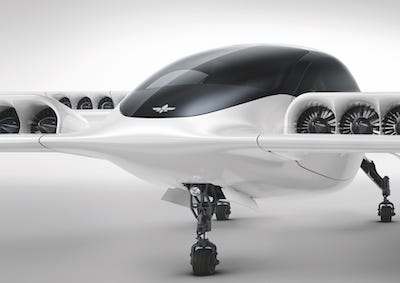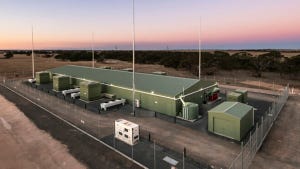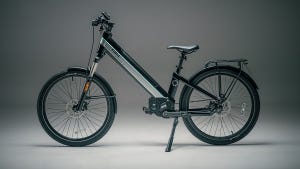Electric Aircraft Opts for Carbon Fiber Composite
Japan’s Toray is to supply carbon fiber composite materials for Lilium’s all-electric air vehicle.
July 16, 2020

Toray Industries, Inc. has concluded an agreement with Lilium GmbH to supply carbon fiber composite materials for the Lilium Jet. The Munich-based company is developing this all-electric, vertical take-off and landing aircraft to deliver clean, regional air mobility as early as 2025.
|
Electric air vehicle achieves lightweighting goal with carbon fiber composites. Image courtesy of Lilium GmbH. |
Carbon fiber composite materials are vital to lighten such vehicles as the Lilium Jet. Toray is deepening ties with Lilium and other manufacturers while continuing to innovate materials that contribute to progress with these transportation platforms by enhancing performance, conserving energy, and lowering costs. Its fuselage, wings, rotor vanes, and other structural components will employ carbon fiber composite materials. The Lilium Jet will take up to four passengers and its pilot up to 300 kilometers in less than 60 minutes.
Regional air mobility could help reduce traffic congestion, noise, and air pollution in crowded cities. Entities around the world are developing airframes and operational systems for air taxi services. Governments are working on regulatory frameworks. Lilium is spearheading the quest to manufacture air vehicle and develop and commercialize services.
Under its Medium-Term Management Program, Project AP-G 2022 announced in May this year, Toray’s Carbon Fiber Composite Materials Business seeks to strategically expand its operational infrastructure for urban air mobility applications. Toray aims to help resolve urban environmental issues by developing materials that cater to the unique challenges of air vehicles.
About the Author(s)
You May Also Like




